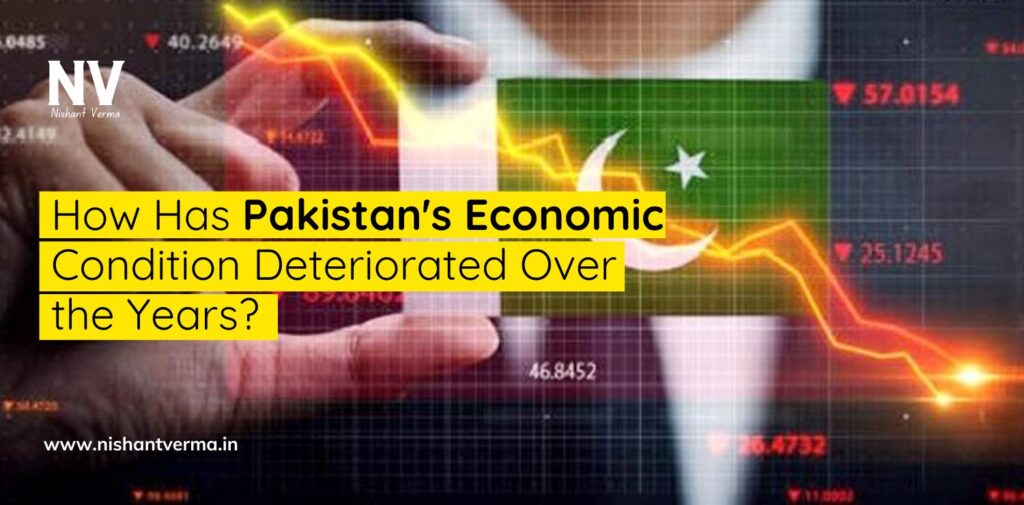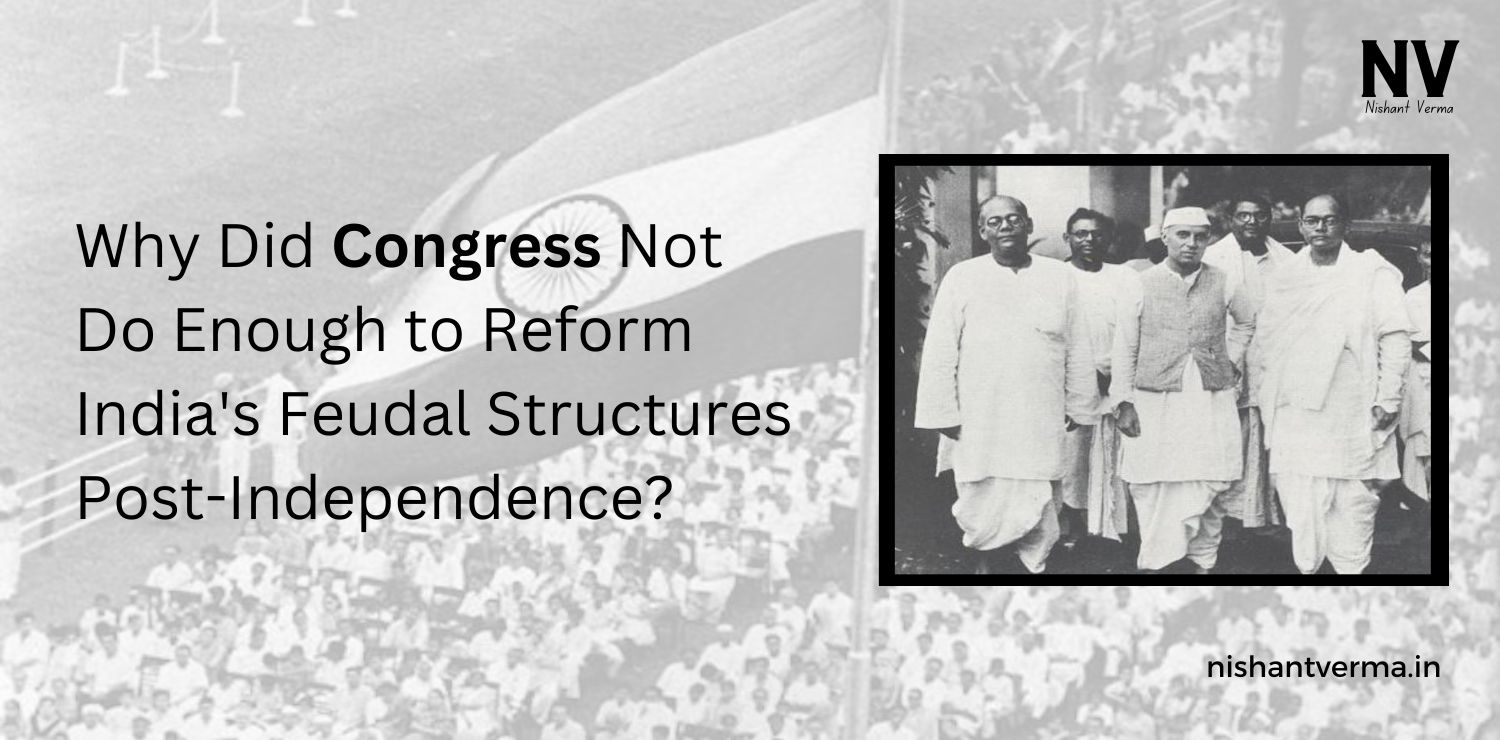Introduction
Pakistan’s economic landscape has been marked by instability, declining GDP growth, and reliance on external financial aid. With a debt-to-GDP ratio soaring above 80% and inflation at record highs, the country has struggled to meet its financial obligations. Over the past few years, the value of the Pakistani Rupee has plummeted, and the economy has been left in a state of perpetual crisis.
What Did India’s Defence Minister Rajnath Singh Say about Pakistan’s Economic Condition?
Recently, Indian Defence Minister Rajnath Singh stated that better relations with India could have drastically changed Pakistan’s economic situation. He suggested that if India and Pakistan had enjoyed more amicable relations, Pakistan could have received more financial benefits from Indian trade and investment than what they have received through International Monetary Fund (IMF) bailouts. According to Singh, the recent elections in Jammu and Kashmir, a contested region, could have opened economic channels that would benefit both countries if the geopolitical climate allowed for better cooperation.
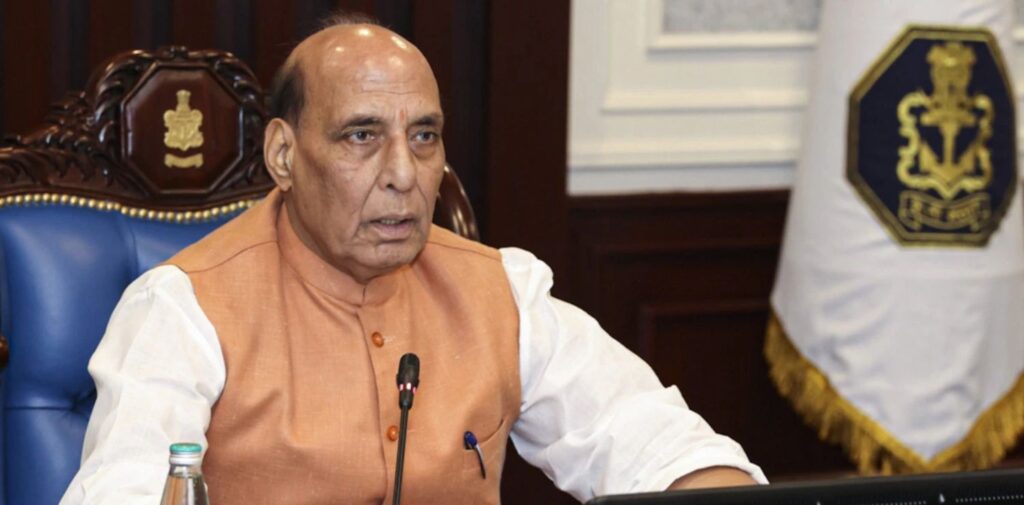
Is Pakistan Heavily Dependent on IMF Bailouts?
Yes, Pakistan has relied on a series of IMF programs to stabilize its economy. The latest bailout package, which amounts to around $3 billion, was granted to prevent a balance of payments crisis and avert default. Yet, these funds are far from adequate to stabilize a nation facing chronic shortages in foreign exchange reserves, severe energy crises, and an inability to meet domestic demands for essentials like food and fuel.
What Role Does the Defence Minister of Pakistan Play in This Crisis?
The Defence Ministry of Pakistan, traditionally a powerful institution, has had a significant influence over the nation’s policy-making, especially regarding foreign relations. Pakistan’s Defence Minister, currently Khawaja Muhammad Asif, has often prioritized military spending over essential economic reforms. His policies reflect the state’s over-reliance on military strength to address fundamental economic issues. This misallocation of resources has further crippled Pakistan’s economy, leading to criticisms that the country’s leadership is focusing on the wrong priorities.
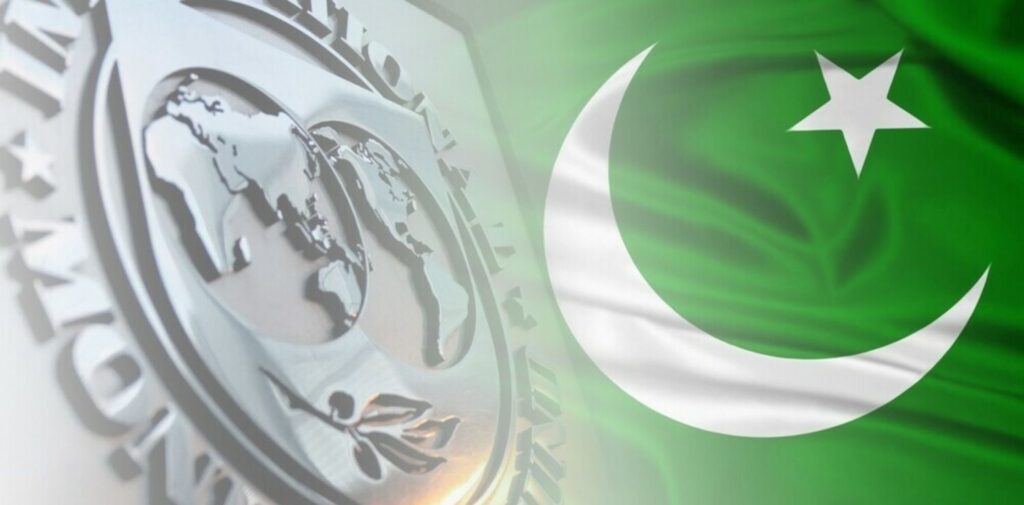
Could Better Relations with India Benefit Pakistan?
Improved Indo-Pak relations could lead to significant economic benefits for both nations. For Pakistan, a friendly relationship with its neighbor could open up avenues for trade, increase investment flows, and create employment opportunities. With access to India’s vast market, Pakistani goods and services could thrive, leading to improved GDP growth and foreign exchange earnings. Additionally, a peaceful border would reduce defense expenditures, allowing the country to allocate more funds to essential services like education, health, and infrastructure.
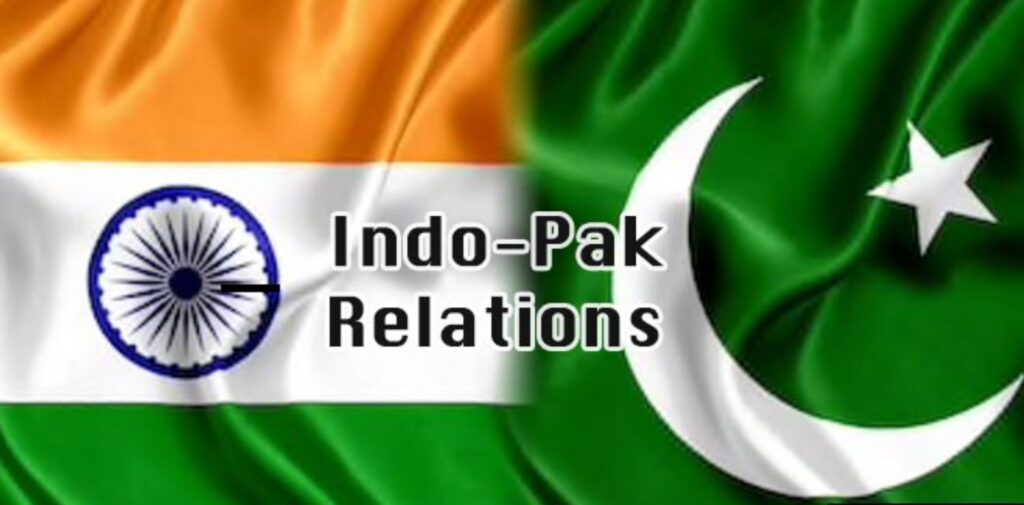
How Have Current Policies Impacted the People of Pakistan?
The average Pakistani citizen has borne the brunt of the country’s economic mismanagement. With inflation rates exceeding 30%, the cost of living has become unbearable for many. Essentials like food, fuel, and electricity have become luxuries that many can no longer afford. Poverty rates have increased, and the unemployment crisis continues to worsen. The lack of economic opportunity has driven some to migrate in search of better prospects, further depleting the nation’s skilled workforce.
Is the Military Spending Justified When the Economy is in Crisis?
Pakistan has one of the highest military expenditures relative to its GDP in the region. Even as the economy continues to struggle, a significant portion of the budget is allocated to defense. This military-first policy has been a subject of intense debate within the country. Critics argue that while security is important, the government should adopt a more balanced approach, prioritizing economic growth and development.
How Has the International Community Responded to Pakistan’s Situation?
The international community, including the IMF and World Bank, has been involved in providing financial assistance to Pakistan. However, these organizations have set stringent conditions, including fiscal reforms and cuts in subsidies, which have only made life more difficult for the common people. Despite these measures, international confidence in Pakistan’s economic stability remains low, leading to limited foreign direct investment and fewer financial partnerships.
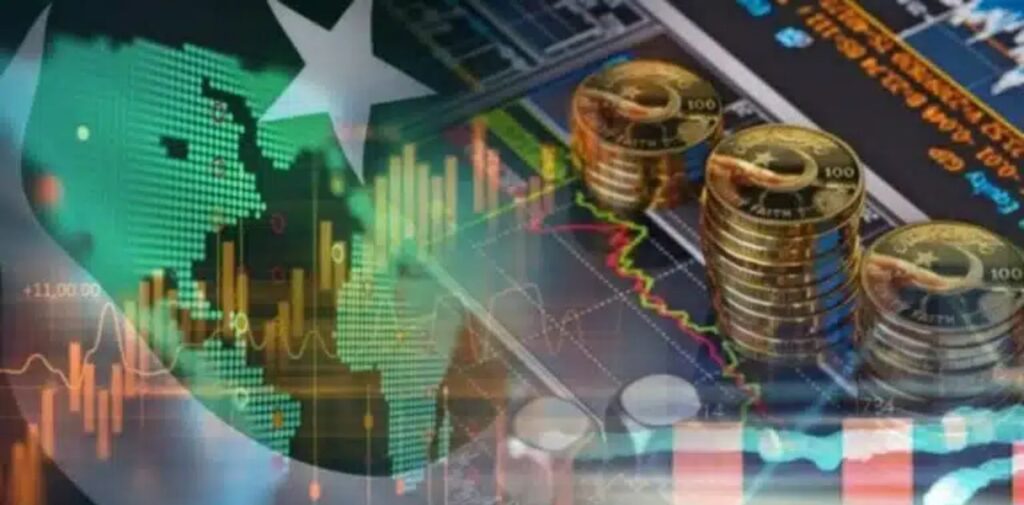
What’s Next for Pakistan?
For Pakistan to achieve sustainable economic growth, it must undergo a series of structural reforms. This includes reducing its reliance on external debt, improving governance, and fostering an environment conducive to business and investment. Most importantly, it needs to reassess its relationship with neighboring countries like India. A focus on peace and cooperation rather than hostility could pave the way for economic partnerships that benefit both nations.
Can Pakistan Change its Course?
Change is possible, but it will require a significant shift in policy and mindset. Moving away from a defense-focused approach and embracing economic diplomacy could open new avenues for Pakistan. Leaders need to prioritize the well-being of their citizens over geopolitical rivalry. If done right, Pakistan can emerge from its economic quagmire and build a stable future for its people.
In conclusion, Rajnath Singh’s remarks highlight a critical point: Pakistan’s economic woes are not solely due to internal factors. Geopolitical decisions and strained relations with neighbors like India have played a substantial role in the nation’s current predicament. While defense remains a priority for Pakistan’s leadership, it is time they consider the economic well-being of their citizens and explore opportunities for regional cooperation.

